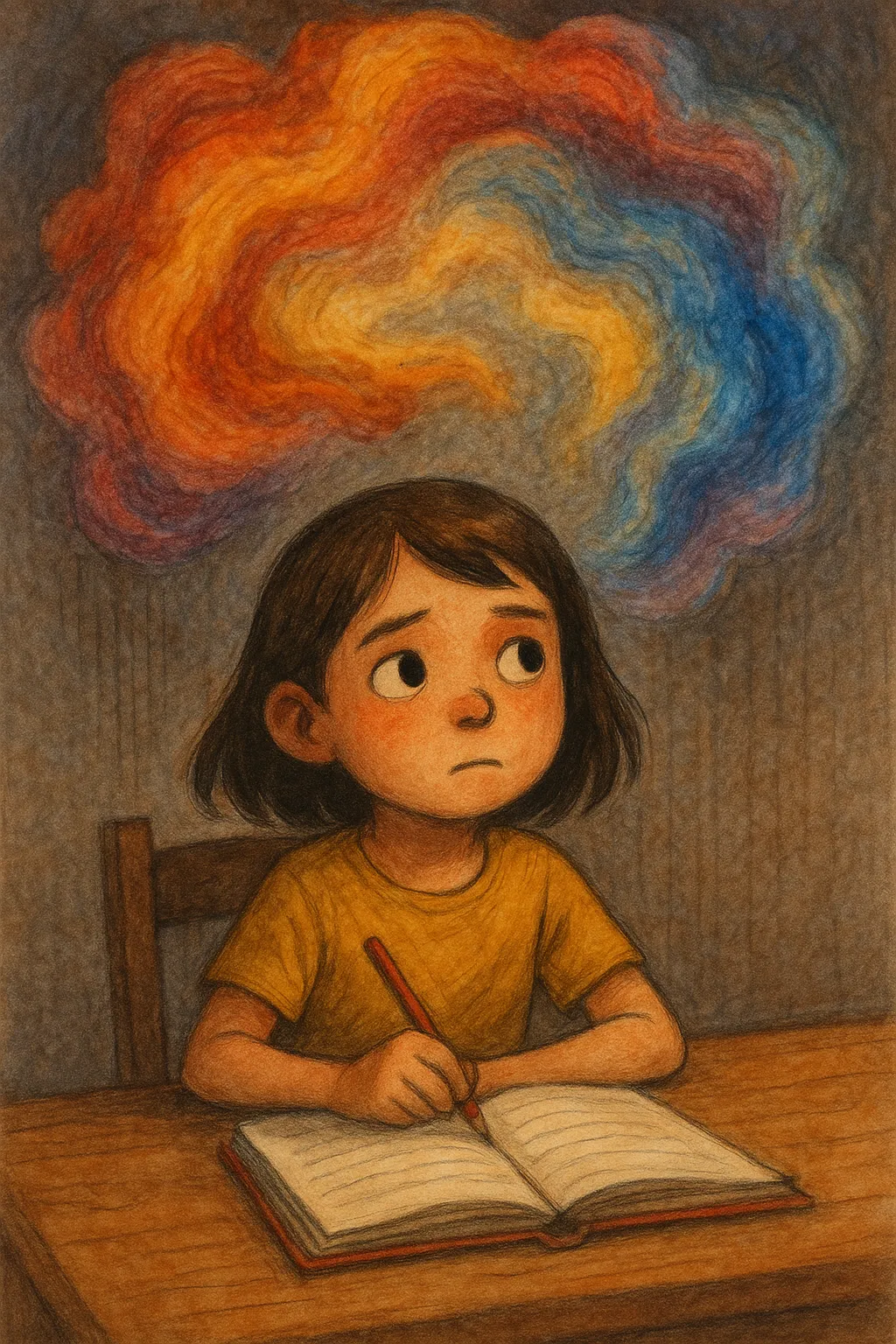When Narrative Becomes a Test, Not a Voice

Some stories are impossible to tell — not because they lack structure, but because the structure measuring them doesn’t recognize them as stories at all.
A new study, "Narrative production abilities of children with autism" by Naman et al. (2025), aims to evaluate how autistic children tell stories compared to their non-autistic peers. Using standard narrative elicitation tasks — telling stories from pictures, recalling stories from memory — the researchers measured everything from vocabulary and grammar to causal links and sequencing.
And from those metrics, autistic children came up short.
I’m an autistic writer. My stories are often praised for their clarity, their emotional precision, their structure. Not in spite of autism — but through it. And yet, if I had been one of their participants, I would have been scored by a rubric that wasn’t built for me.
Why? Because the study doesn’t measure narrative imagination, emotional resonance, or divergent structure — it measures fidelity to a single kind of story logic, one that privileges clarity over complexity, and uniformity over voice.
The authors argue that narrative difficulties may underlie social challenges in autism. But they never ask whether the narrative tasks themselves are socially biased. Whether autistic storytelling might follow its own logic — looping, tangential, rich with pattern and metaphor — that simply doesn’t register on their scales.
In their framing, “better storytelling” means telling stories exactly like neurotypical kids do. There's no room for what autistic children might actually be expressing, only for what they fail to reproduce.
And let’s be clear: the authors don’t appear cruel. Their tone is clinical, not caustic. But that’s what makes it more troubling. Their paper never wonders what’s lost when we flatten difference into deficiency. It never considers what autistic children might lose when they are trained to reshape their stories to conform to neurotypicality.
This isn’t just a missed opportunity. It’s a misunderstanding masquerading as insight. If the researchers had asked different questions — or better yet, had included questions from autistic co-authors — they might have seen the story differently. They might have realized they weren’t measuring narrative skill. They were measuring our compliance to a story that we were never meant to tell.
Some of us grew up learning how to shape our stories outside your templates. And now, we’re writing back.